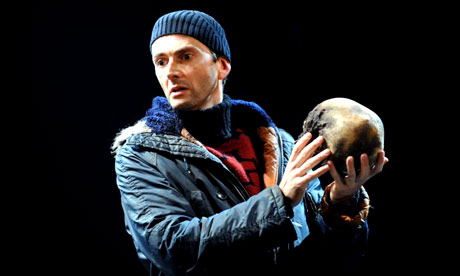
Next up: Auto-da-fe (with apologies to Elias Canetti)
When Cameron Stancil, a naive but ambitious pastor of a suburban evangelical megachurch, decides to get his congregation involved in a national political race, he has to find the courage to defy his security consultant—who entices Cam to get involved in politics and then seduces his wife—and the powerful political interests he represents in order to save his marriage, his prodigal son, his church, and even his own soul.
Though it has the outward form of a thriller, the plot here is less formulaic than that of The Lobby. It involves Cam's own personal struggle. Cam Stancil has built his megachurch from nothing. His beautiful second wife is sexually frustrated because Cam is so dedicated to growing his church. His son, a Christian rock musician who leads the worship services and is the heir apparent to the family business, is just out of college and is beginning to have doubts about his faith and his own sexuality. Carlsen, whose firm provides security for the church, is also a political operative for 'the governor' who persuades Cam to enlist his church in the current presidential campaign. Things get out of hand: Cam's son walks away from the church, his family, and his music; Cam's wife allows herself to be seduced by Carlsen; Carlsen becomes increasingly involved in the management and message of Cam's church—much to Cam's chagrin. As Cam senses his family, his church, and his life slipping out of his control, he realizes he must do something to reclaim them—and that something might very well have to be radical and even violent. Of course, the underlying plot borrows somewhat from Canetti's brilliant mid-twentieth century masterpiece.
The most sympathetic character is Cam's son, Kendall, who is just coming of age emotionally and spiritually. (As it stands, his own dilemma is threatening to take over the book. The authorial question is how long of a lead to give him.) Though it is his ultimately his story, Cam is less sympathetic, less likable. Evangelicals won't like the characterization because Cam is somewhat craven and corrupt; secularists won't like it because Cam isn't a one-dimensional stereotypical hypocrite. He is a complex American type: his entrepreneurialism and religion converge, conflicting with his familial role. His politics, too. His wife, Addie, has an interesting story as well: she is much younger than Cam—in fact, she is closer in age to Kendall than Cam. Because of this, she brings an element of sexual tension to the mix that repulses Kendall and ignites something in Carlsen. Carlsen, of course, is the serpent in this Eden, the straw that stirs the drink.
I've drafted approximately eighty or so pages of this book. My outline, however, is not nearly as complete as for The Lobby. In fact, a number of decisions (both plot-wise and character-wise) still need to be made and some need to be re-thought. Completing this book will be more of an exercise than, say, The Lobby because character depths need to be plumbed; but, by the same token, this sort of exploration is what the writing process is all about. The only question is the degree of conscious control I, as the author, should exercise over the creative process in shaping its direction. Also, I believe this book will require more re-writing, revision, and editing than The Lobby, simply due to its greater complexities. There is a certain amount of artistry this book allows for that The Lobby, hobbled by its genre constraints, doesn't. The message, to the extent there is one, also needs to be more subtle so that the final product does not seem either didactic or partisan in its views concerning the intermingling of church and state. Themes need to be hammered out and actualized in the action. Relationships clarified. Destinies determined. I do, however, believe I have the proper bang-up ending, the goal toward which all this struggle aims. And that is extremely important. I also feel it has some timeliness, relevance, and probably some commercial viability (though less than The Lobby).
So: do I keep at it, chuck it, or pick another of the candidates and hold off for now?










